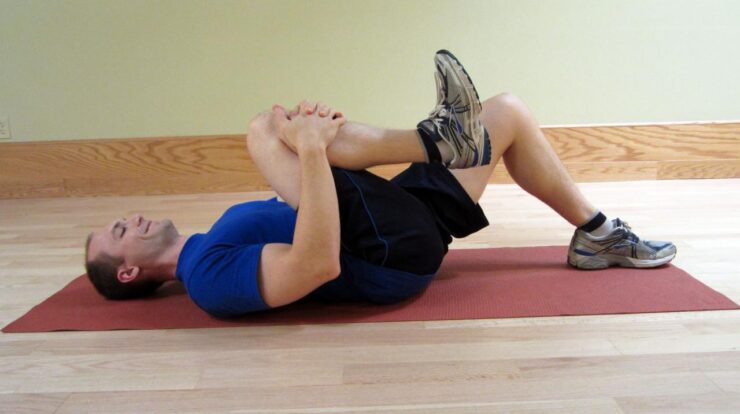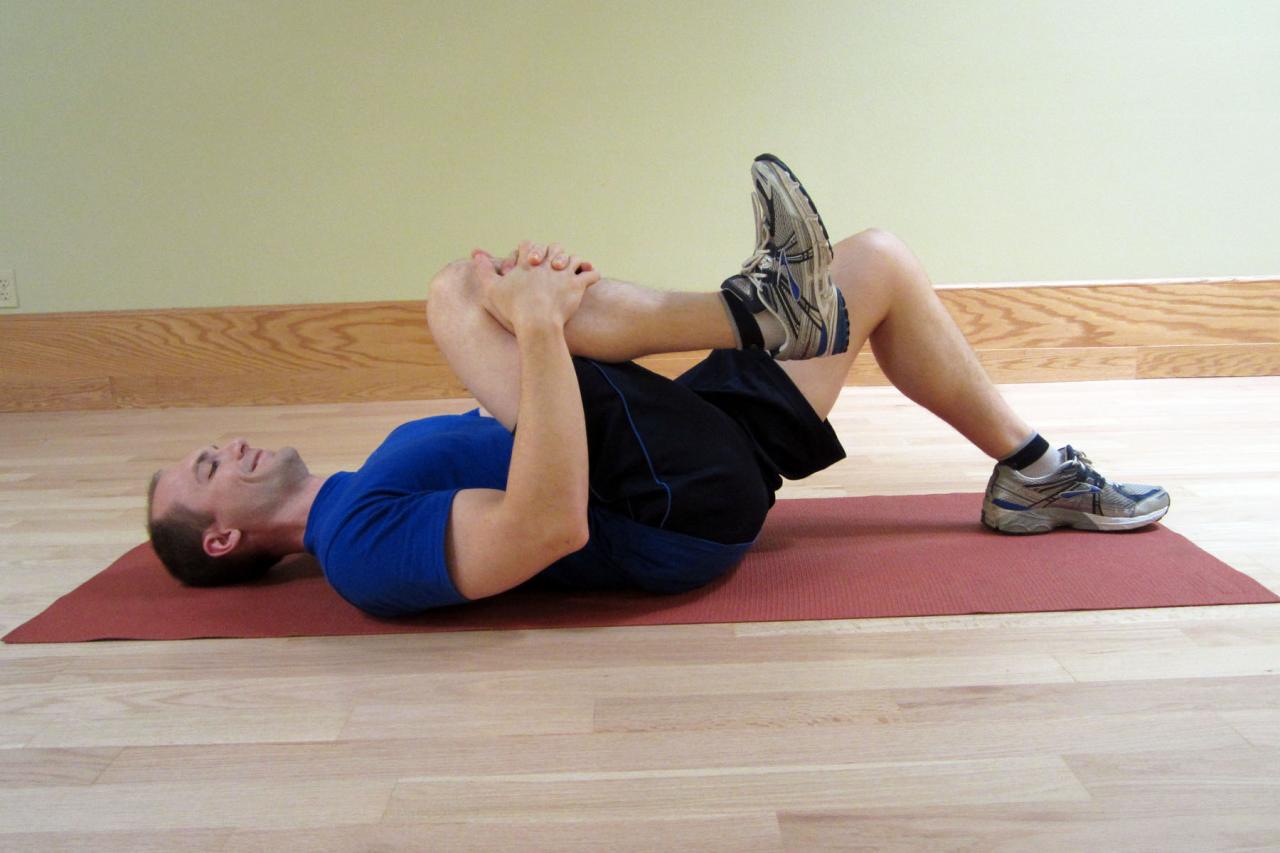
Explain why regular exercise is the best way to prevent flexibility issues. – In the realm of fitness, flexibility reigns supreme as a cornerstone of overall well-being. Regular exercise emerges as the champion, offering a comprehensive solution to preserving this crucial aspect of physical health. Dive into this exploration to unravel the intricate connection between exercise and flexibility, empowering you with knowledge to unlock a life of optimal movement.
Pregnant women are often unsure whether they should be wished a happy Mother’s Day. The answer is yes, you should wish a pregnant woman a happy Mother’s Day . Pregnancy is a special time in a woman’s life, and it’s a time when she deserves to be celebrated.
So don’t be afraid to wish your pregnant friends and family members a happy Mother’s Day.
As we delve into the mechanisms of flexibility loss, we uncover the insidious factors that contribute to its decline. Aging, sedentary habits, and injuries conspire to diminish our range of motion. Understanding these physiological changes empowers us to combat their effects.
There are many ways to greet someone on Mother’s Day. You can say “Happy Mother’s Day” in English, or you can use a greeting in another language. For example, you could say happy mother’s day greetings in German or happy mother’s day in german . No matter what language you use, the most important thing is to express your love and appreciation for the mothers in your life.
Regular Exercise: The Key to Maintaining Flexibility

Flexibility is a crucial aspect of overall health and well-being. It allows for a wide range of motion, reduces the risk of injuries, and improves balance and coordination. Regular exercise is the most effective way to prevent flexibility issues and maintain optimal mobility throughout life.
Mechanisms of Flexibility Loss
As we age, our bodies undergo physiological changes that can lead to decreased flexibility. These changes include:
- Decreased collagen production:Collagen is a protein that provides elasticity to muscles and connective tissues. As we age, collagen production slows down, making tissues less flexible.
- Shortening of muscle fibers:Over time, muscle fibers can shorten and become less elastic, reducing range of motion.
- Reduced joint lubrication:Joint lubrication decreases with age, leading to stiffness and reduced mobility.
Benefits of Regular Exercise for Flexibility
Regular exercise helps improve flexibility by:
- Stretching muscles:Exercise stretches muscles, making them more pliable and increasing range of motion.
- Increasing joint lubrication:Exercise promotes the production of synovial fluid, which lubricates joints and reduces stiffness.
- Strengthening muscles:Strong muscles provide support and stability to joints, allowing for greater range of motion.
Exercise Recommendations for Flexibility
To maintain flexibility, it is recommended to engage in regular exercise that includes the following:
- Dynamic stretching:Dynamic stretching involves moving muscles through their full range of motion while warming up.
- Static stretching:Static stretching involves holding a stretch for 20-30 seconds.
- Yoga or Pilates:These practices incorporate poses and exercises that target flexibility.
Considerations and Precautions, Explain why regular exercise is the best way to prevent flexibility issues.
When exercising for flexibility, it is important to:
- Warm up properly:Warming up helps prepare muscles for stretching and reduces the risk of injuries.
- Listen to your body:If you experience pain or discomfort, stop the stretch and consult a healthcare professional.
- Avoid overstretching:Overstretching can damage muscles and connective tissues.
By following these guidelines, you can effectively maintain flexibility and prevent flexibility issues, ensuring optimal mobility and overall well-being.
One way to prevent flexibility issues is through regular exercise. Regular exercise helps keep your muscles and joints flexible, which can reduce your risk of injury and improve your overall mobility. If you’re not sure where to start, there are many resources available online and in your community that can help you get started on a fitness routine that’s right for you.
Closing Notes: Explain Why Regular Exercise Is The Best Way To Prevent Flexibility Issues.

Regular exercise stands as the beacon of hope in the fight against flexibility loss. Its transformative power extends to improving range of motion, enhancing joint mobility, and safeguarding against injuries. By incorporating specific exercises into your routine, you can effectively target different muscle groups, ensuring optimal flexibility throughout your body.
Answers to Common Questions
What are the benefits of regular exercise for flexibility?
Regular exercise improves range of motion, reduces muscle stiffness, and enhances joint mobility.
How often should I exercise to maintain flexibility?
Mother’s Day is a special occasion to celebrate the mothers in our lives, and one of the best ways to show them our appreciation is by wishing them a happy Mother’s Day. Whether you’re looking for a greeting in Vietnamese, happy mother’s day in vietnamese , or a more traditional greeting in English, there are many ways to express your love and gratitude.
Aim for at least 2-3 sessions of flexibility exercises per week.
What are some examples of flexibility exercises?
Stretching, yoga, Pilates, and tai chi are excellent choices for improving flexibility.